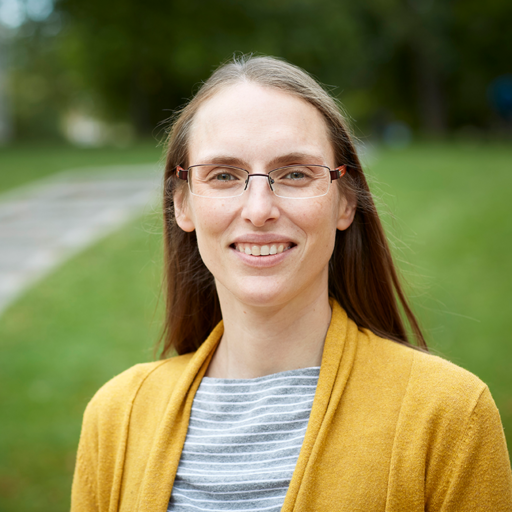
Microorganisms can use the atmosphere as a mean for transportation over geographical scales. During aero-transportation, certain microorganisms actively nucleate ice, acting as nuclei for the formation of mixed-phase clouds and precipitations, thus affecting atmospheric processes while facilitating organismal survival (deposition to new habitats).
Despite recent advanced studies in aero-microbiology, it is still unclear how certain microorganisms (e.g. microalgae) can actively nucleate ice, what is the impact of environmental factors on the organism physiology, and what are the consequences of their biogenic ice nucleation on atmospheric processes.
The project will first unveil biogenic actors in the polar region at the interphase ice-sea-atmosphere using genetic tools. Coupled with eco-physiological studies, it will be possible to assess the impact of targeted ice nucleation active microorganisms on atmospheric processes and to provide a better understanding of their dispersal capacities. Generated results will serve as parameters to affine atmospheric model descriptors to improve meteorological/climate predictions and to foresee dispersal ranges.
The interdisciplinary project will be performed in collaboration with experts in biogeosciences, atmospheric sciences, and molecular biology present at Aarhus University and at partner institutions.
Project title: Dispersal and ice nucleation activity in airborne microalgae – their impact on atmospheric processes.
Area of research: Microbial ecology, Aero-microbiology
Fellowship period: 1 Aug 2020 - 31 Jul 2024
Fellowship type: AIAS-COFUND II Marie Skłodowska-Curie fellow

This fellowship has received funding from the European Union’s Horizon 2020 research and innovation programme under the Marie Skłodowska-Curie grant agreement No 754513 and The Aarhus University Research Foundation.
